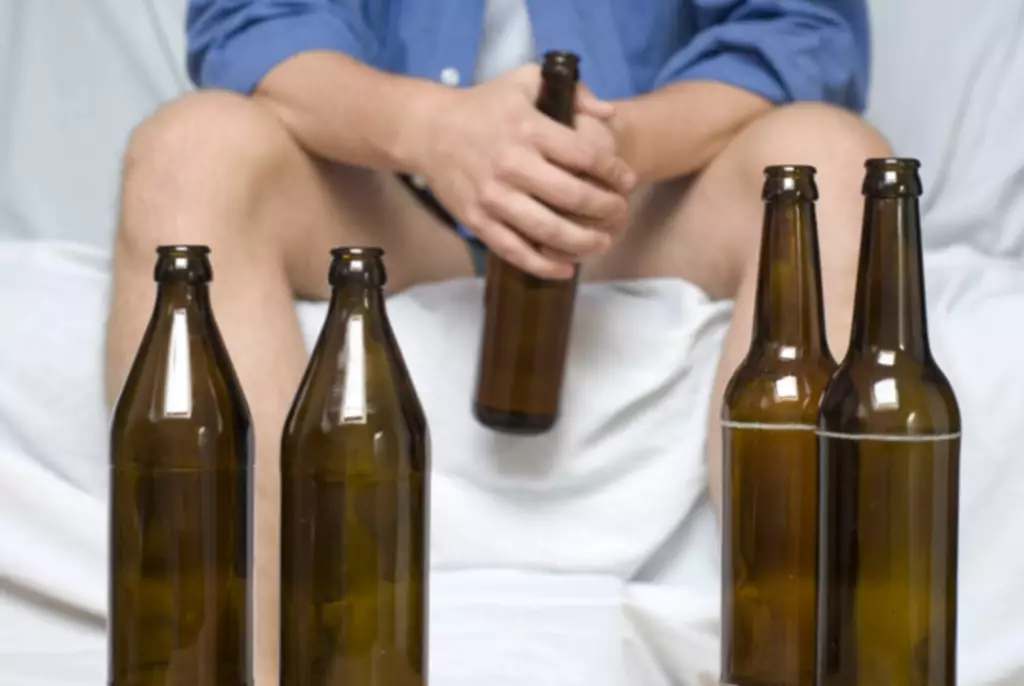Setting boundaries is a proactive measure that not only helps in managing alcohol consumption but also empowers individuals to lead a more fulfilling and less alcohol-centered life. Communicating these boundaries clearly and consistently to friends, family, and colleagues is important to ensure they are respected and supported. Setting limits on alcohol consumption is a growing trend among health-conscious individuals. According to recent studies, a significant proportion of alcohol consumers are actively trying to reduce their intake, with 83% doing so due to health concerns. This includes efforts to improve overall wellness and, for some, to support weight loss endeavors. Overall, the social and professional consequences of after-work drinking necessitate a balanced approach, blending awareness with supportive strategies to mitigate its risks.
How long to wait to exercise after drinking alcohol?
Furthermore, cultural factors such as beliefs, attitudes, subjective norms, and expectancies about alcohol use play a critical role in shaping individual and group drinking behaviors. The Recovery Village Cherry Hill at Cooper offers comprehensive addiction treatment for drug and alcohol addictions and co-occurring mental health conditions. Managing after-work drinking habits is crucial for maintaining a healthy balance between work, personal life, and overall well-being. One effective strategy is identifying drinking cues, as habits comprise cues, routines, and rewards. Recognizing the specific triggers that lead to after-work drinking can help individuals break the cycle by altering their routine to avoid these cues or replace the habit with a healthier activity. After-work drinking may have significant repercussions on cardiovascular health.
Costa Rican Cocktails That Will Transport You to Paradise
- The Apple Pie Old Fashioned Cocktail is a perfect balance of sweet and strong, made with homemade apple pie infused whiskey and a dash of bitters.
- This shift has been influenced by a recognition of the importance of mental health and the negative consequences of alcohol on well-being.
- The National Institute on Alcohol Abuse and Alcoholism highlights the adverse effects of binge drinking on cognitive functions, particularly in adolescents, whose brain development can be significantly altered.
- Long-term, this behavior can affect an individual’s reputation, reliability, and opportunities for career advancement.
What starts as a drink or two after work every day becomes a routine and addiction. This systemic approach underscores the need for comprehensive solutions to address the intertwined issues of alcohol use and mental health disorders. Long-term alcohol use has been shown to decrease myocardial protein expression and synthesis while accelerating protein degradation in the heart muscle, further contributing to cardiovascular deterioration. Moreover, repeated binge drinking, defined as consuming multiple drinks in a short timeframe, has been correlated with an increased likelihood of developing prehypertension, a precursor to full-blown hypertension.
Health Complications from Regular After-Work Drinking
Here’s How To Cope With Work Stress When You Don’t Drink – Forbes
Here’s How To Cope With Work Stress When You Don’t Drink.
Posted: Wed, 23 Aug 2023 07:00:00 GMT [source]
As if feeling awful weren’t bad enough, frequent hangovers also are linked with poor performance and conflict at home, school and work. Perhaps surprisingly, over one-third (38%) of Americans believe drinking after work after work drinks are a good way to bond and strengthen a team. This might have something to do with the relaxed nature of a restaurant or bar as compared to a stressful office environment.
Will the drunk worker receive any kind of insurance or compensation when injured at the workplace?

Emily Syphas, founder of Sober and Social, recommends engaging in activities such as dancing, reading, meditating, or even lighting a candle to relax. The goal is to build a healthier relationship with alcohol by finding pleasure in alternative practices. Drinking alcohol before working out https://ecosoberhouse.com/ can reduce a person’s physical performance, abilities, and reactions. It can also make them dehydrated, and more likely to have EAC or develop potentially dangerous heart rhythms. People get the best results from exercising when avoiding or moderating their alcohol intake the night before.

- Understanding your motivations can help in assessing whether your drinking habits are healthy or potentially problematic.
- Carmen Bush, an employee at a tech company in the Bay Area, said her company’s weekly “TGIF” party starts at 4 p.m.
- Online communities like Daybreak are a great way to have support at your fingertips.
- If you or someone you know has developed a drinking problem, it may be time to get professional help.
- Despite being in a work-related setting there is the risk of overconsumption.
Alcohol addiction treatment will begin with a detox period that focuses on managing any uncomfortable or severe withdrawal symptoms that arise. After detox ends, patients start a rehab program that teaches them how to cope without alcohol and maintain sobriety. The habit of unwinding with alcohol can become a coping mechanism, potentially evolving into dependence. This addiction can strain relationships as individuals may prioritize drinking over spending quality time with family or fulfilling professional commitments.
- If you find yourself dealing with employee conduct outside of work, or carrying out an investigation, beware the risks involved and contact the NRA Workplace Relations team on 1800 RETAIL ( ) for advice.
- Drinking at work is increasing in the US, and that is risky for companies, employees, and tremendously deteriorating for American society.
- After-work drinking is a prevalent social practice where employees engage in consuming alcoholic beverages following the end of the workday.
- I’m unclear if that pressure is coming from them or from your own expectations.
- The presence of liquor stores in certain communities, particularly among minority populations, can increase access to alcohol, influencing social drinking habits.
However, a joint study between researchers in Japan, Taiwan and South Korea appears to show that those who drink more don’t necessarily reap extra financial benefits at work, compared to those who drink less. If you find yourself dealing with employee conduct outside of work, or carrying out an investigation, beware the risks involved and contact the NRA Workplace Relations team on 1800 RETAIL ( ) for advice. If none of that works and the act of drinking is, itself, the soothing factor you’re craving, you also have options to keep drinking—with a non-alcoholic spin. With the weather cooling off, of course, you could switch to caffeine-free herbal tea or hot cocoa in the evenings, but that might not have the same allure. Another option is to get a bit mischievous and dabble in CBD sparkling waters that are free of psychoactive ingredients or indulge in a wide variety of sophisticated non-alcoholic liquors like alternative whiskey, rum or gin. You’ll even find some pre-made non-alcoholic “cocktails” on the market with complex flavors to challenge your palate.
Yes, After-Work Drinking Is a Serious Workplace Issue
